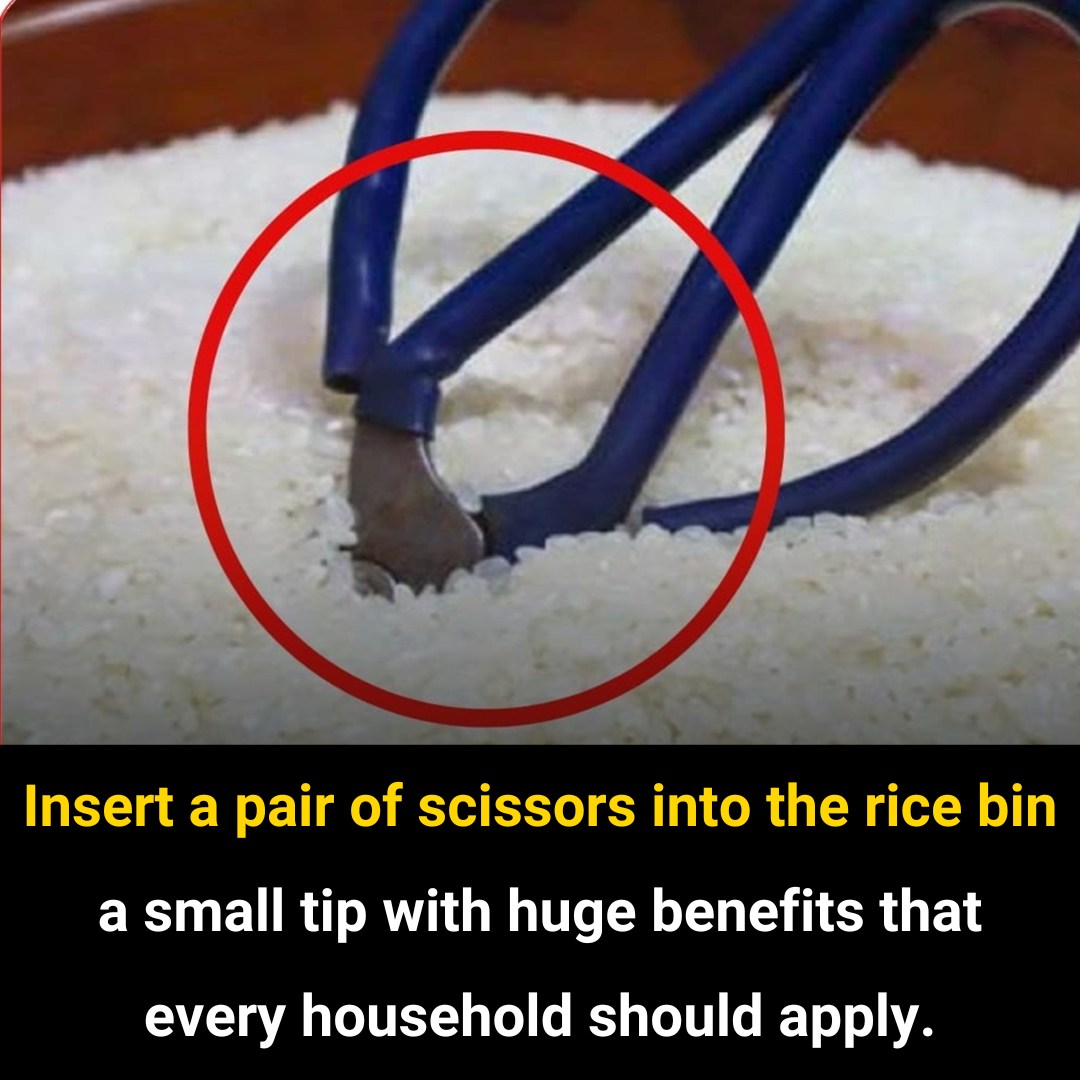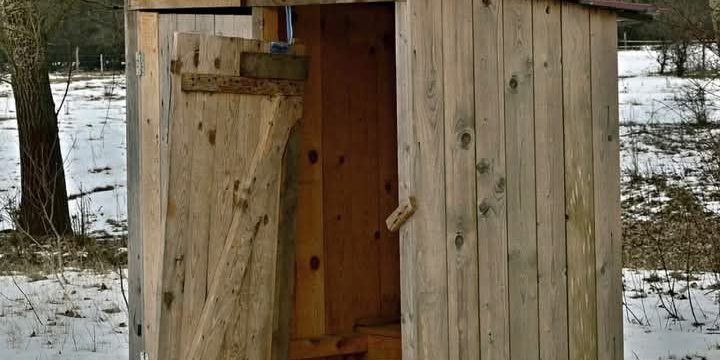
Dealing with rusty scissors is a common household issue that can hinder their performance and longevity. Over time, exposure to moisture and improper storage can lead to corrosion, making your scissors less effective and potentially unsafe. Fortunately, there’s a simple, cost-effective, and natural solution hiding in your pantry: uncooked rice.
Why Do Scissors Rust?
Rust forms when iron in metal reacts with oxygen and moisture, leading to iron oxide. This process weakens the metal, dulls the blades, and can cause the scissors to stick, rendering them inefficient. Additionally, rust can leave stains on materials you’re cutting and pose hygiene concerns, especially in food preparation or crafting.
The Science Behind Rice as a Moisture Absorber
Uncooked rice is hygroscopic, meaning it naturally absorbs moisture from its environment. This property makes rice effective in drying out electronic devices exposed to water and, similarly, in removing moisture from metal objects like scissors. By drawing out moisture, rice helps prevent further rusting and can even loosen existing rust particles.
How to Use Rice to Remove Rust from Scissors
Materials Needed:
- A container deep enough to submerge your scissors
- Uncooked white rice (enough to fill the container)
- Clean, dry cloth
- Mineral oil or sewing machine oil
Steps:
- Prepare the Container: Fill the container with uncooked white rice. Standard long-grain rice works well.
- Insert the Scissors: Open the scissors slightly to expose the blades and place them into the rice, ensuring they are fully submerged.
- Let Them Sit: Leave the scissors in the rice for at least 24 hours. For significant rust buildup, extending the time to 48 hours can yield better results.
- Remove and Wipe Down: After the waiting period, take the scissors out and wipe them thoroughly with a clean, dry cloth to remove loosened rust particles.
- Address Stubborn Rust Spots: If some rust remains, gently scrub the affected areas with a non-abrasive sponge or cloth. Avoid using abrasive materials that could scratch the blades.
- Lubricate the Scissors: Apply a few drops of mineral oil or sewing machine oil to the hinge and along the blades. This lubrication ensures smooth operation and provides a protective barrier against future moisture exposure.
Preventing Future Rust Formation
To keep your scissors in optimal condition:
- Store Properly: Keep scissors in a dry place, away from high-humidity areas like bathrooms or kitchens. Consider storing them in a container filled with uncooked rice to continuously absorb moisture.
- Regular Maintenance: After each use, wipe the blades with a dry cloth to remove any moisture or residues.
- Use Silica Gel Packs: Placing silica gel packets near your scissors can help absorb excess moisture, especially in humid climates.
Alternative Natural Rust Removal Methods
While the rice method is effective, other natural remedies can also help remove rust from metal tools:
- White Vinegar Soak: Soaking scissors in white vinegar for several hours can dissolve rust, making it easier to scrub off.
- Baking Soda Paste: Applying a paste of baking soda and water to the rusted areas and scrubbing with a brush can help remove rust.
- Lemon Juice and Salt: Sprinkling salt on the rusted area and then applying lemon juice can create a reaction that loosens rust. After letting it sit for a few hours, scrub off the rust.
Conclusion
Rusty scissors don’t have to be a permanent problem. With simple household items like uncooked rice, you can effectively remove rust and extend the life of your tools. Regular maintenance and proper storage are key to preventing rust from forming in the first place. By incorporating these easy and natural methods into your routine, you can keep your scissors and other metal tools in excellent condition, saving you time and money in the long run.





